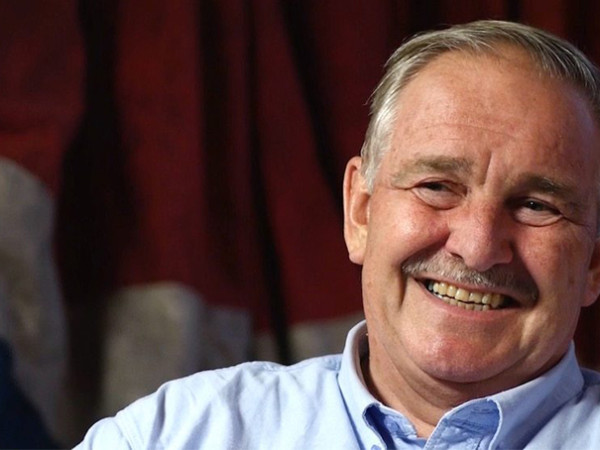Oct

A special event to mark the tenth anniversary of the dismissal of Professor David Nutt from his role as a government drugs advisor for telling the truth about drugs.
Speakers
- Professor David Nutt, Chair of the Drug Science Scientific Committee and Edmond J Safra Professor of Neuropsychopharmacology at Imperial College London.
- Professor Alex Stevens, Professor in Criminal Justice at the University of Kent, recently resigned from the Advisory Council on the Misuse of Drugs over concerns about ministerial interference in its work.
Watch this event
About this event
Ten years ago, in July 2009, Professor David Nutt gave the annual Eve Saville Lecture organised by the Centre of Crime and Justice Studies held at King’s College, London. His lecture was followed by the publication of a briefing he wrote for us, Estimating drug harms: a risky business?, in which he stated that ecstasy and LSD were less dangerous than alcohol. By opening a debate about drug use and risk taking, he also remarked that taking ecstasy was no worse than the dangers involved in riding a horse.
Subsequently on 30 October 2009, Professor Nutt was summarily sacked by Alan Johnson as chair of the Advisory Council on the Misuse of Drugs (ACMD) for what the government thought were his controversial comments. Alan Johnson responded that his remarks, ‘…damage efforts to give the public clear messages about the dangers of drugs’.
At the time, Richard Garside, Director of the Centre said, ‘The message is that when it comes to the Home Office's relationship with the research community honest researchers should be seen but not heard’.
Our association with Professor Nutt continued as we hosted the Independent Scientific Committee on Drugs, which he set up following his dismissal, which became Drug Science. Drug Science is now the leading independent scientific body on drugs in the UK, working to provide clear, evidence-based information without political or commercial interference.
In the intervening years, Professor Nutt has continued to work tirelessly to provide an evidence base free from political or commercial influence, creating the foundation for sensible and effective drug laws, and equipping the public, media and policy makers with the knowledge and resources to enact positive change.
A decade on, we are delighted to welcome Professor Nutt back to speak about what has changed for the good over this period, and what still needs to be done in order to see a world where drug control is rational and evidence-based; where drug use is better informed and drug users are understood; and where drugs are used to heal not harm.
We are also delighted to be joined by Professor Alex Stevens of the University of Kent, who recently resigned from the ACMD over concerns about ministerial interference in its work.